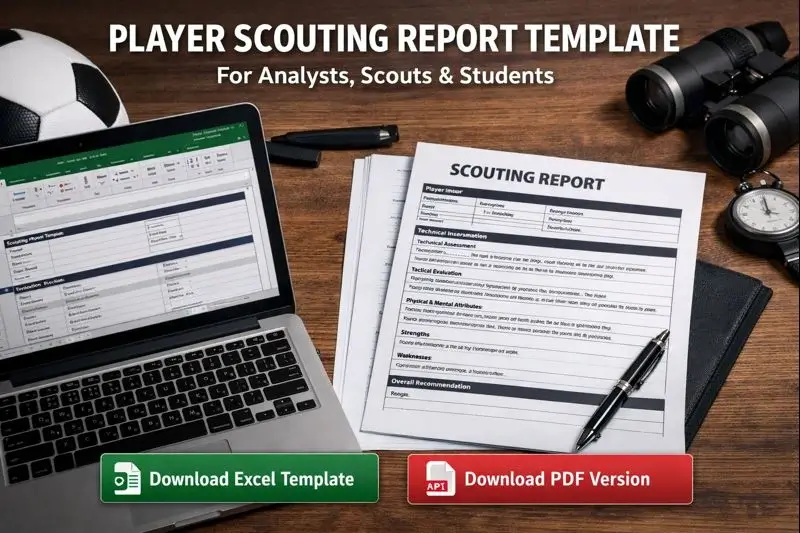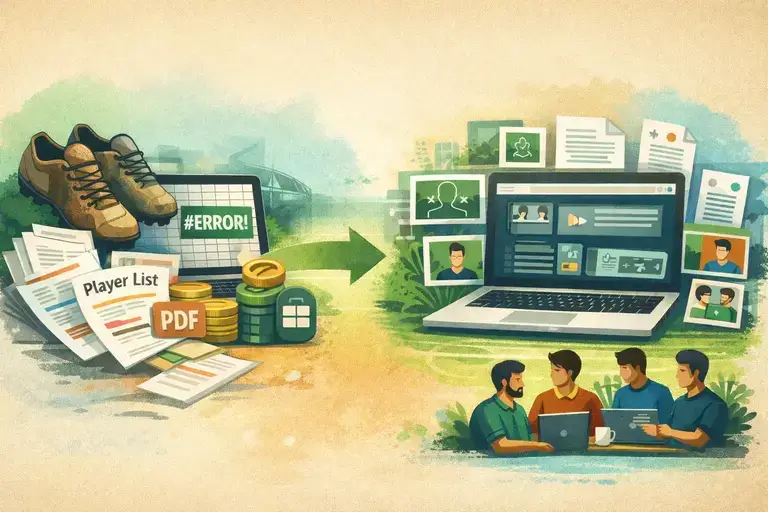Is Social Media Bad for Young Football Players?
Football is constantly evolving and one of the most transformative forces in recent years has been the rise of social media. Platforms like Instagram, TikTok, and X (formerly Twitter) are now deeply intertwined with the game, not only at the professional level but increasingly within youth academies and development systems. While these platforms offer unique opportunities, they also present serious challenges, particularly for young players. The Weight of the Spotlight Social media has transformed the way fans interact with footballers. No longer limited to stadiums and television, supporters now voice their opinions online, often immediately after matches. For young players, especially those just breaking into first teams or progressing through academies, this constant exposure can be overwhelming. Many of these players maintain social media profiles, and while it may help them build a personal brand, it also leaves them vulnerable to public scrutiny. After every match, they're subject to unfiltered criticism, harsh comments, and even online abuse. Given their age and inexperience, many of these young athletes may not yet have developed the mental resilience to handle such pressure. A single mistake on the pitch can quickly go viral, potentially damaging their confidence and performance. From Childhood to Public Stage An emerging trend is the presence of social media accounts for children as young as seven or eight, often managed by parents, showcasing training clips, match highlights, and personal milestones. While these accounts can offer exposure and help in scouting and career-building, they also risk putting undue pressure on kids before they’re emotionally ready for that level of attention. A Shift in Mental Health Awareness Fortunately, the football world is starting to respond. In contrast to the past, clubs and federations are taking mental health more seriously. Many now employ psychologists, welfare officers, and education professionals who work closely with young players to help them navigate the complexities of fame, criticism, and identity in the digital age. Workshops, seminars, and internal support systems have become more common across academies and national associations. These efforts are designed to provide tools for young athletes to cope with external pressure, build self-confidence, and maintain a healthy relationship with social media. Voices from Experience Former Manchester United goalkeeper Chris Turner, who played during Sir Alex Ferguson’s early years at the club, shared his perspective in an interview with RG.org: “Stay off social media. After every big match, players can be targeted for mistakes, missed penalties, or sending-offs. Back in my day, you had to develop mental toughness to handle setbacks – whether it was being dropped from the squad or losing games. Today, clubs have welfare officers and social media managers, but my advice remains the same: stay away from social media, ignore the criticism, and focus on your game. If you can’t handle criticism, you won’t make it as a professional footballer.” - Chris Turner, via RG.org His words echo the concerns of many veterans who recognize how the emotional toll of modern media can derail promising careers if not managed carefully. Not All Negative While the dangers of social media are real, it’s important to acknowledge its positive side as well. Platforms can provide visibility to talented youngsters from remote regions who might otherwise go unnoticed. A well-timed highlight reel can catch the attention of scouts, agents, and clubs, giving players opportunities that would have been unthinkable in previous generations. Additionally, social media can help players connect with fans, build a positive personal brand, and promote meaningful causes or initiatives. Finding the Balance The influence of social media in football is not going away. The challenge is learning how to use it wisely. For young players, the goal should be to benefit from the exposure while protecting their mental health and staying grounded. There’s still work to be done - both by players and the institutions that support them - but with the right guidance and safeguards in place, social media can be a tool for growth rather than a threat to their development.



